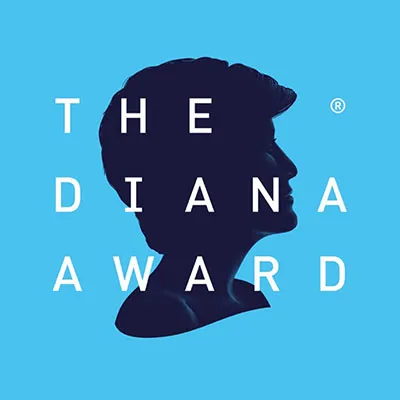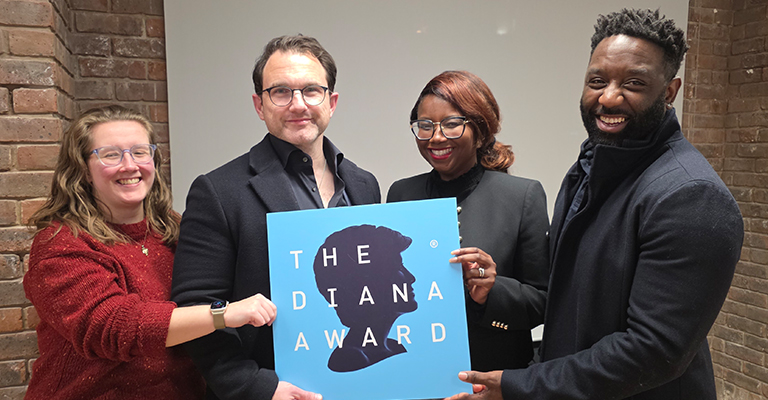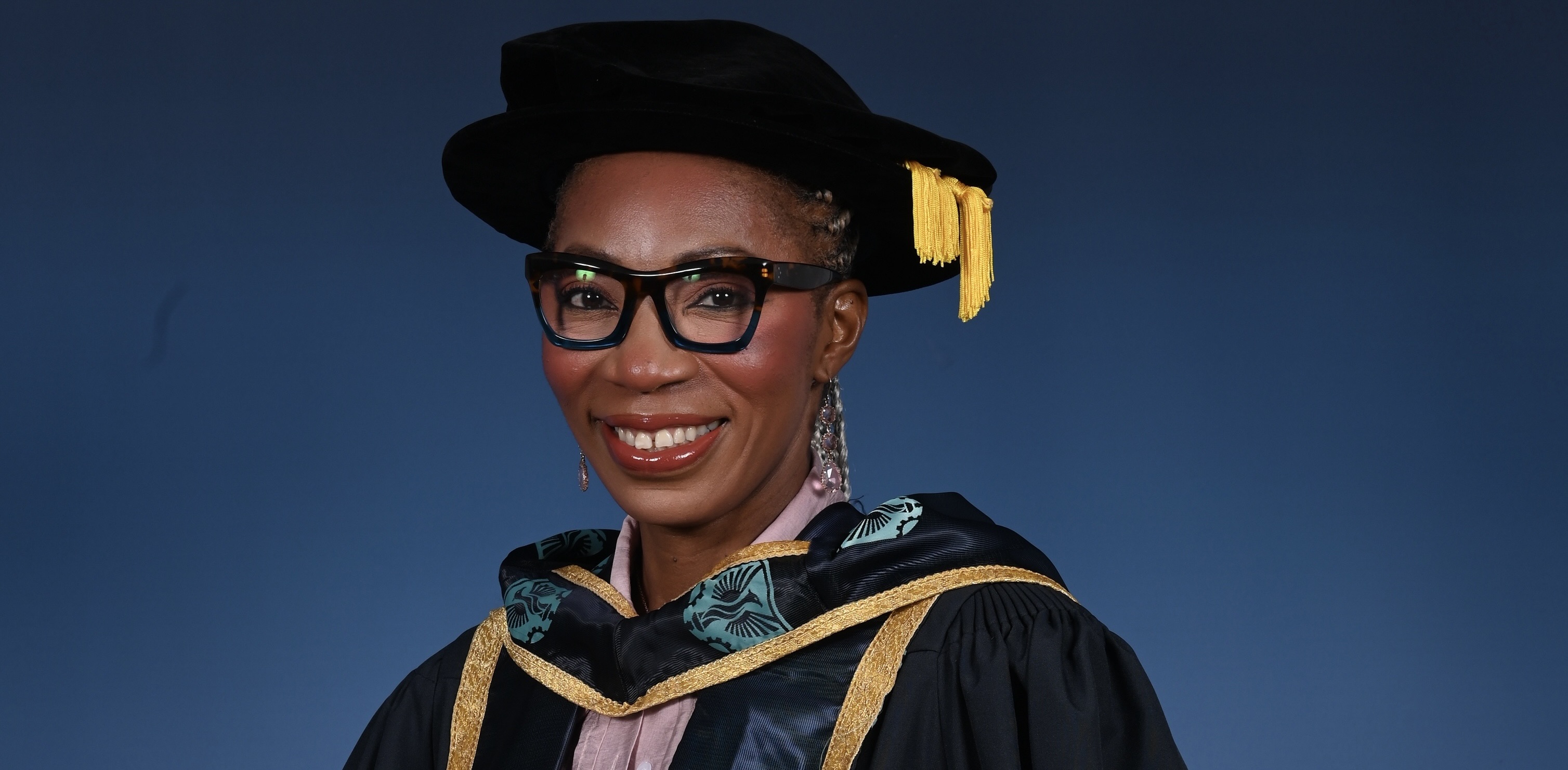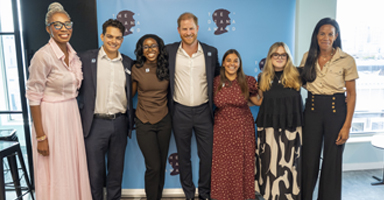The survey was distributed to young people, aged 13-25, in the UK and included focus groups and peer research. The report reveals a distinct disengagement in politics with:
- 20% of young people agree with the statement “politics takes the voices of young people seriously”, of which only 3% strongly agreed with the statement. When the question is made more personal, only 22% believed they themselves would be taken seriously by a politician if they were to bring an issue to them.
Youth engagement in politics is at an all-time low. Only two out of three young people registered to vote in this recent election, despite caring deeply about political issues such as; education, climate and mental health.
The Diana Award is calling on the new government to close this alienation gap and take youth engagement, and our young people, seriously.
The Diana Award’s Youth Voice in Politics Report sees a Foreword by Rt Hon Gordon Brown who was instrumental in setting up The Diana Award twenty five years ago.
As part of his Foreword, Gordon Brown says;
“We know young people are concerned and directly affected by some of the biggest issues facing both the UK and the world and yet, as this report reveals, they also feel disconnected from our political system. Without young people feeling able to contribute to the national debate, they will be less attracted to undertake public service of all kinds and we will lose out on a generation of future leaders. We need to turn this around.”
The report shows that young people feel underestimated and desire more meaningful and inclusive opportunities to participate in politics. They emphasise the need for improved political education, diverse representation, and genuine engagement with politicians.
In particular, the lack of representation of young people in education, climate change, and mental health issues are significant concerns, with young people wanting a stronger voice in these areas.
Sarah Olney MP, a panellist alongside young people at the launch event, says:
“This report clearly shows how young people care deeply about some of the biggest issues we face in society today but feel underestimated by politicians. The consequences of young people’s voices not being heard include increased non-formal political engagement and a growing mistrust of government. We have to turn this around.”
A new political generation can this around. This month sees 18 MPs under 30 entering Parliament. Through this research, young people said:
- END TOKENISM: It is crucial that young people aren’t just consulted, but actively involved in decision-making and informed of the impact and outcome of their involvement. This ensures their input leads to real change and that their voices have a meaningful impact.
- STRENGTHEN POLITICAL EDUCATION : To empower the next generation and ensure they can make informed choices, we must make political education a core component of the national curriculum. This change will provide young people with the understanding necessary to actively participate in and contribute to our democracy.
- CREATE OPPORTUNITIES FOR YOUNG PEOPLE: Politicians must make a greater effort to actively promote and bring opportunities directly to young people. Reaching out through accessible and direct means will ensure that all young voices are heard.
Idorenyin, 22yrs, has faced significant challenges with political engagement. This has contributed to a sense of disillusionment with formal political processes, which often seem more performative than substantive. She reflects on the discontinuation of citizenship education in schools, which previously provided a foundation for understanding political systems and processes. “When I was in school, they taught us about citizenship, they told us about what political parties are, what their goals and intentions were, how they worked.”
Idorenyin advocates for a revival of impartial political education to foster informed and engaged citizens from a young age. She notes, "When I was in school, we learned about politics in a very unbiased way. […] When it comes to things like who are our representatives in government, we should all have a certain level of interest in it.”
Cameron, 16yrs, is particularly passionate about issues such as the cost-of-living crisis and the lack of practical life skills education in schools. “As a Youth MP I’ve done a survey to find out what the most pressing issues are, and lots of children have put forward the cost-of-living crisis, implying that lots of children know how pressing it is, perhaps because their parents worry about it. In my opinion, one of the most vital things is a lack of education in certain aspects, this includes politics, money and things you need in life. You learn a lot of things in school that are interesting but will not necessarily help you in your 9-to-5. A fairer and more beneficial equilibrium must be reached.”
He advocates for better political education and more engagement from politicians with young people directly. “I do think more involvement from politicians in schools is needed. I have never seen a politician coming into my school. It doesn’t necessarily have to be the prime minister going into school, but it would be easier for children to relate if somebody in politics directly talked to them.”
Dr Tessy Ojo, CBE, Chief Executive, The Diana Award, says:
“The Diana Award has 25 years’ on-the-ground experience, supporting young people to unlock their potential, create opportunities and inspire action. We have the ear of young people and understand their concerns, the issues they care about and the expectations they have of our leaders. This report highlights the need for urgent action and we’re calling on the new government to take youth engagement and our young people seriously.”
Access the full report by signing up for free here
ENDS_
Press / media - For further information email comms@diana-award.org.uk





